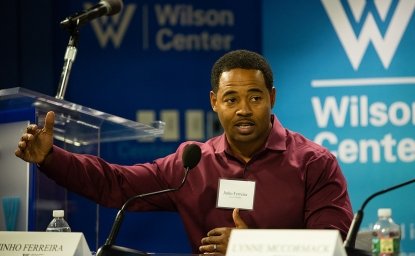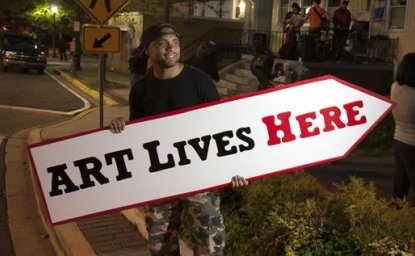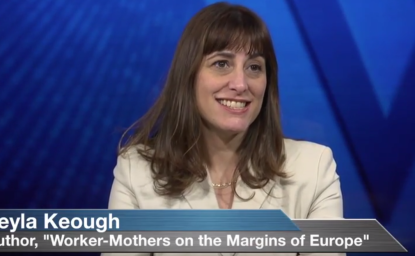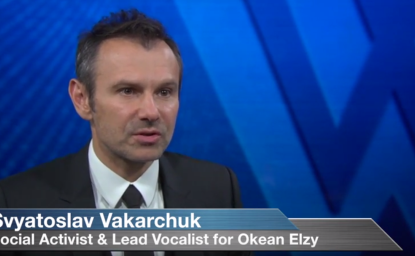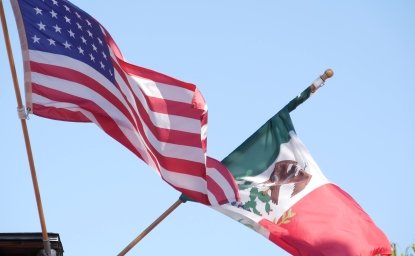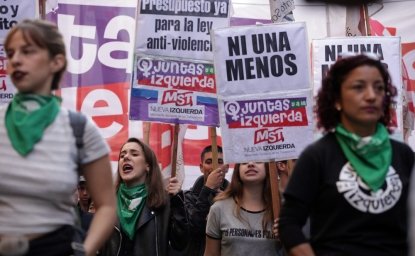Follow the Money: Drug Crime, Money Laundering, and Regional Security in Central America
Newly elected President of Guatemala Otto Perez Molina promised a crackdown on crime and drug-related violence but faces rampant corruption and one of the lowest tax bases in the hemisphere. An exclusive interview with former Guatemalan Vice President Eduardo Stein about the challenges ahead for his country and its President.
